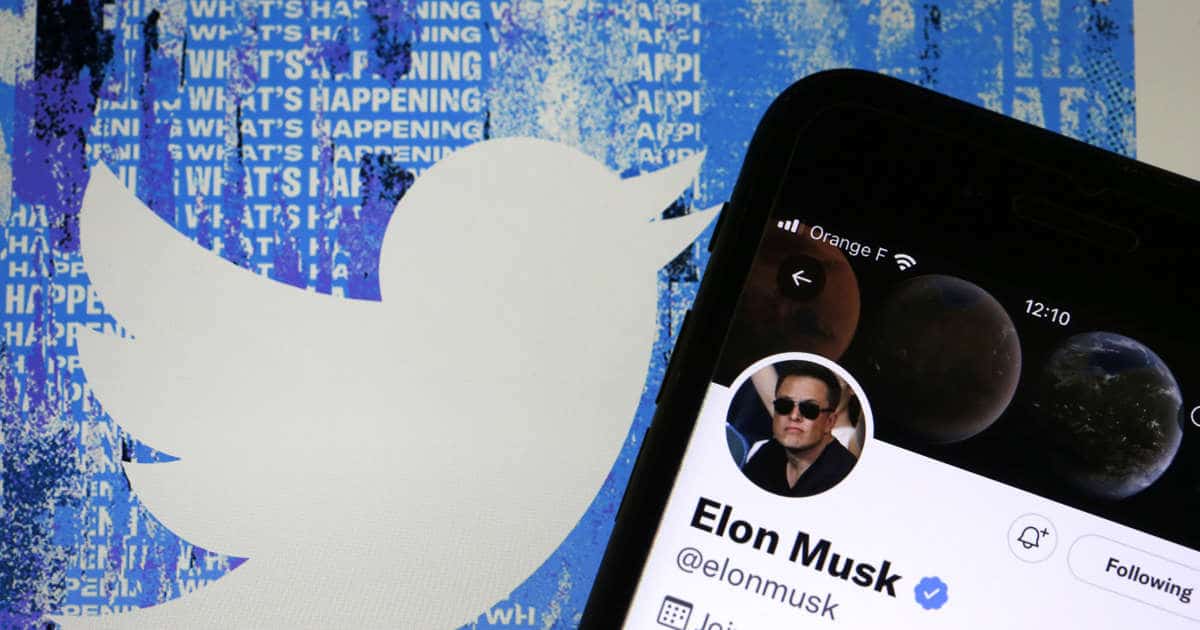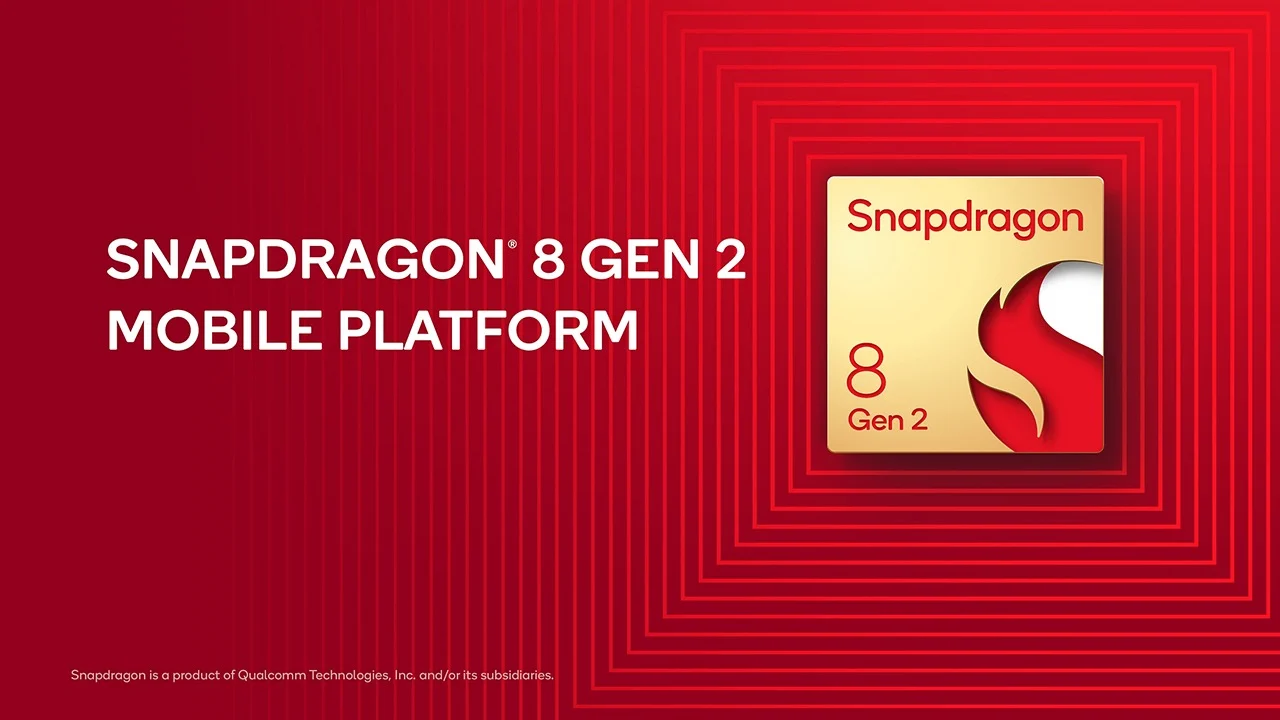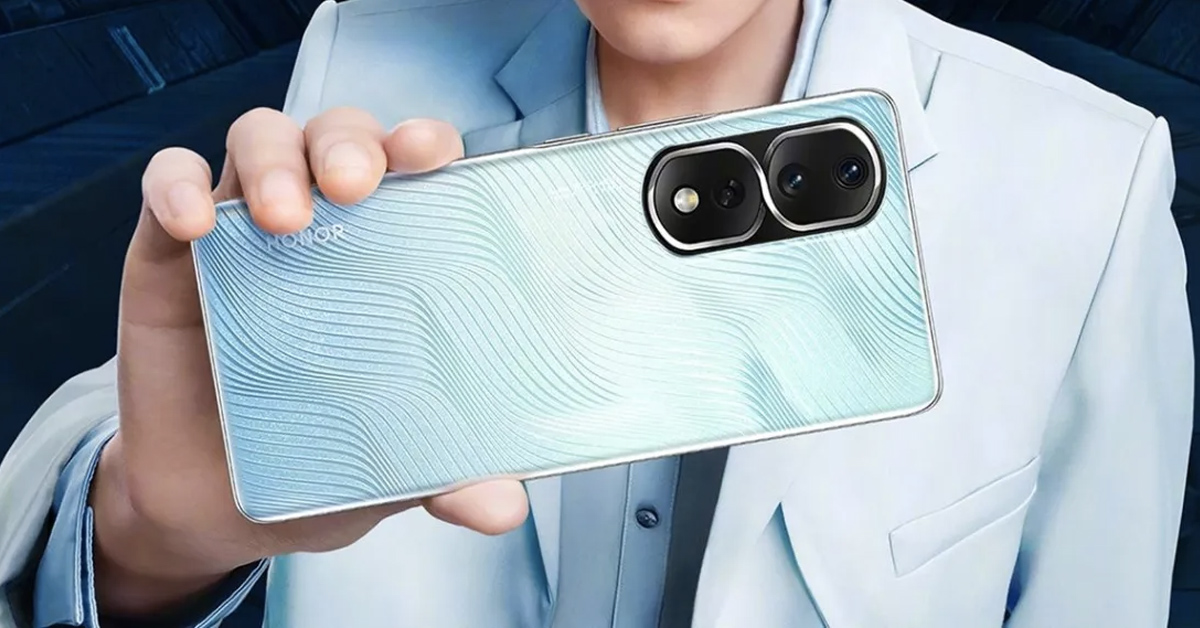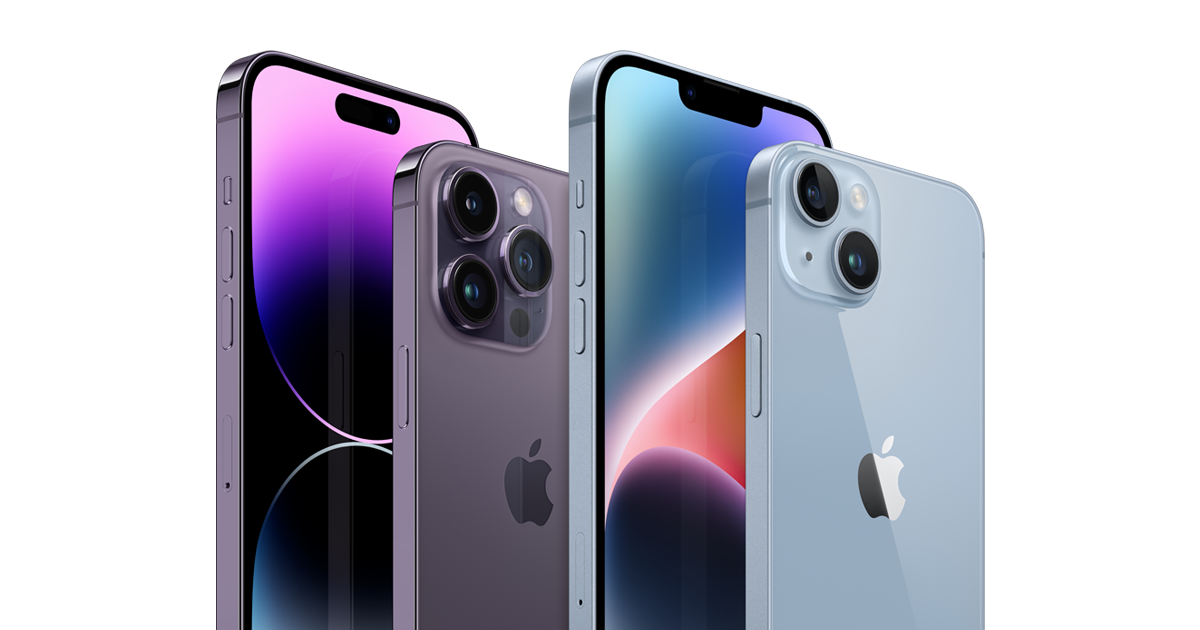Elon Musk, CEO of Twitter, said on Tuesday that it will cost about $8 per month to have a blue tick. In order to combat spam and fraud, Musk also announced that Twitter users will have precedence in responses, mentions, and searches.
With the service, they will also be allowed to publish lengthy audio and video, and they will see half as many advertising.
To all complainers, please continue complaining, but it will cost $8
— Elon Musk (@elonmusk) November 2, 2022
The richest man in the world stated in another tweet that the $8 monthly fee has been adjusted per nation in accordance with purchasing power parity. The $8 sum, equals to Rs 660 when translated to Indian rupees.
How much do you have to pay to get blue tick in India?
According to Musk’s tweet, users of Twitter won’t need to pay Rs 660 a month to display a blue tick on their profile because the fee has been reduced by country “proportionate to purchasing power parity.”

Why you have to pay for blue tick ?
According to Musk, this was done to combat bots and “spam/scam.” We need to find a way to pay the bills, Musk said, and he suggested $8. Musk wrote that charging individuals for verification was “the only way to beat the bots [and] trolls”.
Additionally, the new owner of Twitter stated that this extra money will go toward “rewarding content creators.” This is a compelling argument given that Twitter would only generate around $24 million if at least a quarter of its existing verified users began paying $20 for their blue checkmark.
Twitter currently offers a few ways for content producers to monetize their work, such as Super Follows and Ticketed Spaces. Super Follows monthly subscriptions start at $0.99 and go up to $9.99. 97% of that money under $50,000 and 20% beyond that amount already go to the creators.
Elon Musk planning to bring “Vine” back ?
A further potential source of income for content creators is Musk’s announcement of his plans to revive the short-form video network Vine.
But charging people for verification would change the system significantly from what it was intended to be. The purpose of a verification sticker is to prevent impersonation of prominent personalities, including journalists, politicians, and celebrities.




